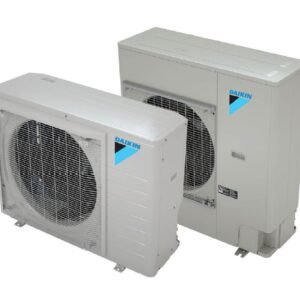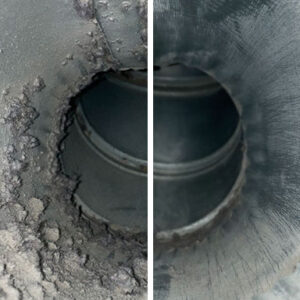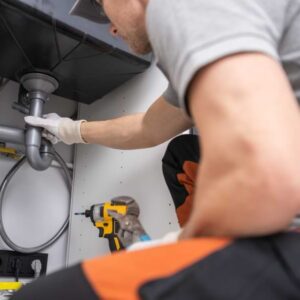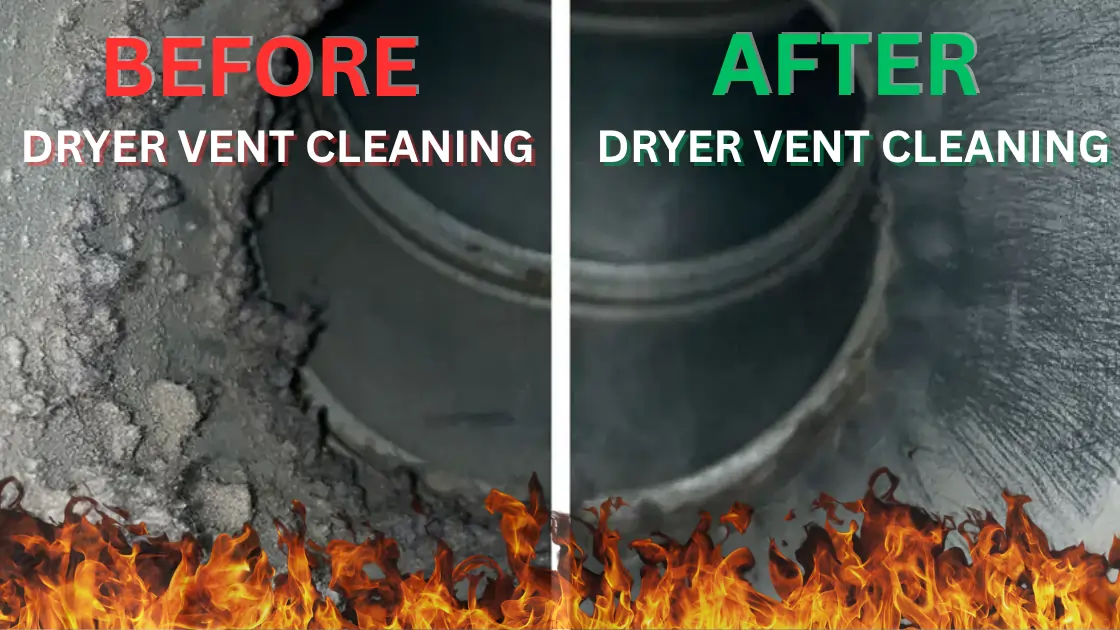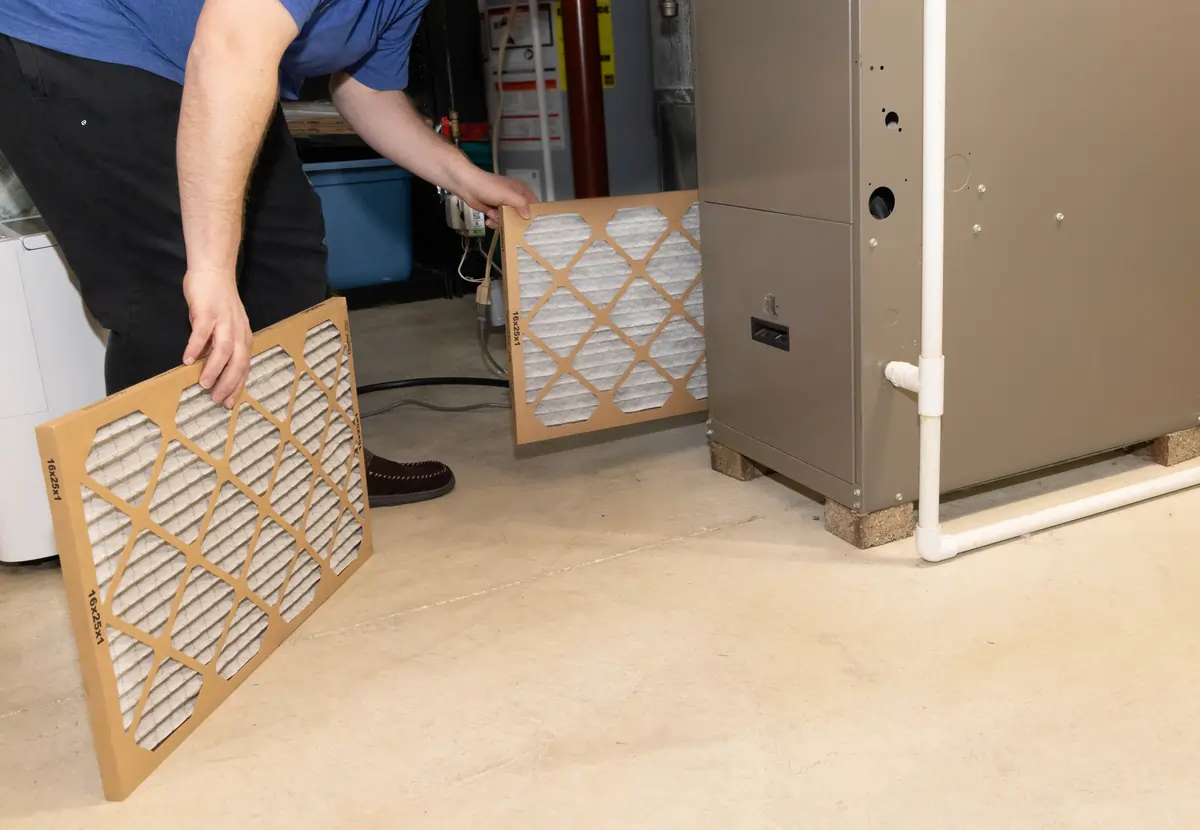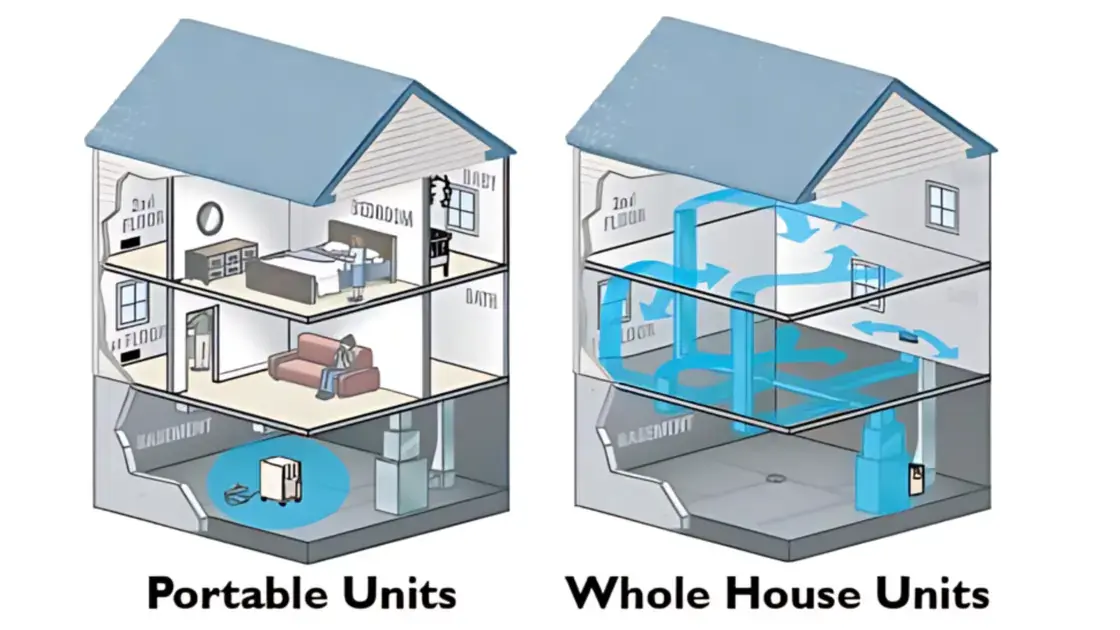Your HVAC air filter is probably the last thing you think about before you go to bed at night, but it is important! If you want to enjoy clean, fresh air, you should regularly replace your home’s HVAC air filter.
How Often Should I Change My Air Filters?
The short answer to this question is to change the air filter every 30 days. However, this is a rule of thumb that doesn’t fit with every situation. In fact, 30 days is the most frequently you should ever have to replace your air filter. Follow these guidelines to pinpoint exactly how often you should change your air filters:
- Every 30 days: Standard 1- to 3-inch air filters generally start to collect dust and other debris after 30 days of use. If you have more than one pet and/or allergies, plan to check the filter monthly. You may not have to change your air filter but you should at least check to see how dirty it is. There is no harm in replacing your air filter more frequently.
- Every 60 days: If you have dogs or cats it is recommended to change your filter every 60 days. Most dogs and cats shed, so whether you’re allergic to pet dander or not, plan to replace your HVAC air filter every 60 days. The extra dirt and hair make the filter clog up faster.
- Every 90 days: Most filters are rated to last up to 90 days. If you and your family live in an “average” home with no pets and no allergies, you can get away with stretching your filter to its maximum lifetime.
- Every 6 to 12 months: In unusual situations, such as single-occupant or vacation homes, you don’t need to change the air filter as often. Plan to check it every few months, but you probably only need to change the air filter once or twice a year.
Benefits of Replacing Air Filters
HVAC air filters keep pollution and debris out of your HVAC system. This is important to ensure that your system is running properly and efficiently. A dirty air filter will slow down the air flow making your furnace or air conditioner work harder. Here are a few of the benefits to changing your air filter regularly:
- More energy savings: A clogged air filter overworks your HVAC system because it blocks airflow to and from your ductwork. It’s like trying to breathe through a straw. You can save energy and thereby reduce your home’s carbon footprint by changing the filter according to the recommendations above.
- Lower energy bills: Less energy consumption means a lower cost to keep your home at the right temperature.
- Greater system longevity: An overworked system doesn’t last as long as one that operates within its intended parameters. By changing your air filter, you help reduce stress on the air handler and motor, preventing premature system failure. In this way, paying for replacement filters is an investment that helps your system last years longer.
- Better air quality: One primary purpose of air filters is to trap airborne contaminants and prevent them from circulating through the air you breathe. Clean filters trap pollutants more effectively and don’t let them slip through the cracks.
What Happens if I Don’t Change My Air Filters?
Not everyone makes changing their home’s HVAC air filters a priority. If you choose to join that crowd, your air filter can become incredibly clogged with dust and debris. When this happens, the consequences include the following:
- Your HVAC system runs hotter and parts wear out faster.
- Your energy bills are higher every month.
- You don’t get the most efficient use of the equipment you invested in.
- Indoor air quality suffers and your allergies worsen.
- Airflow decreases and your HVAC system can no longer keep your home as comfortable.
For more information about the importance of changing your home’s HVAC air filters, or if you need help with changing your air filter, contact a HVAC expert at Top Notch Heating, Cooling & Plumbing in Kansas City, MO today at (913) 535-8002
